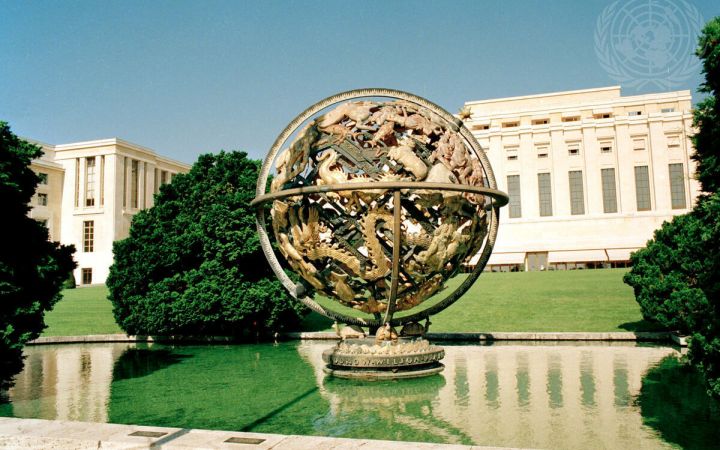From war and settlement of disputes between States, protection of the environment, responsibilities and obligations, to human rights protection between citizens, refugees of different States and corporations, the role of international law and multilateral diplomacy is constantly expanding. Globalization has exponentially increased multi-layered interconnectedness, ever growing the crucial necessity to enforce common rules that guide and sustain multileveled governance and relationships. In this context, the United Nations (UN) plays a crucial bridging role between various actors of international relations.
Government representatives and other high-level officials of international and non-governmental organizations must be able to navigate international law and the UN System to achieve their objectives and advance their interests. The UNITAR Online Certificate on International Law and the UN system offers a unique opportunity for participants to expand their knowledge on the field of international law, multilateral diplomacy and the UN system.
The Online Certificate is perfectly fitted to students wanting to pursue a career in international law or international relations, as well as government abd international organizations officiaks, who are passionate about the current challenges in multilateral diplomacy and international relations and willing to develop the crucial analytical skills and critical thinking required in multilateral governance. The programme provides the flexibility to select from a variety of online courses in international law and multilateral diplomacy, including courses such as:
- Law of Treaties;
- United Nations Protocol;
- Law of International Organizations;
- Public and Cultural Diplomacy;
- And much more!
Learning Objectives
After completing the Online Certificate, participants should be able to:
- Explain the current challenges in international affairs and diplomacy;
- Describe the underlying principles of international law governing international organisations;
- Perform in both bilateral and multilateral working environments with increased confidence;
- Develop analytical skills and critical thinking.
For more information, kindly contact the International Law Programme at info.ilp@unitar.org


